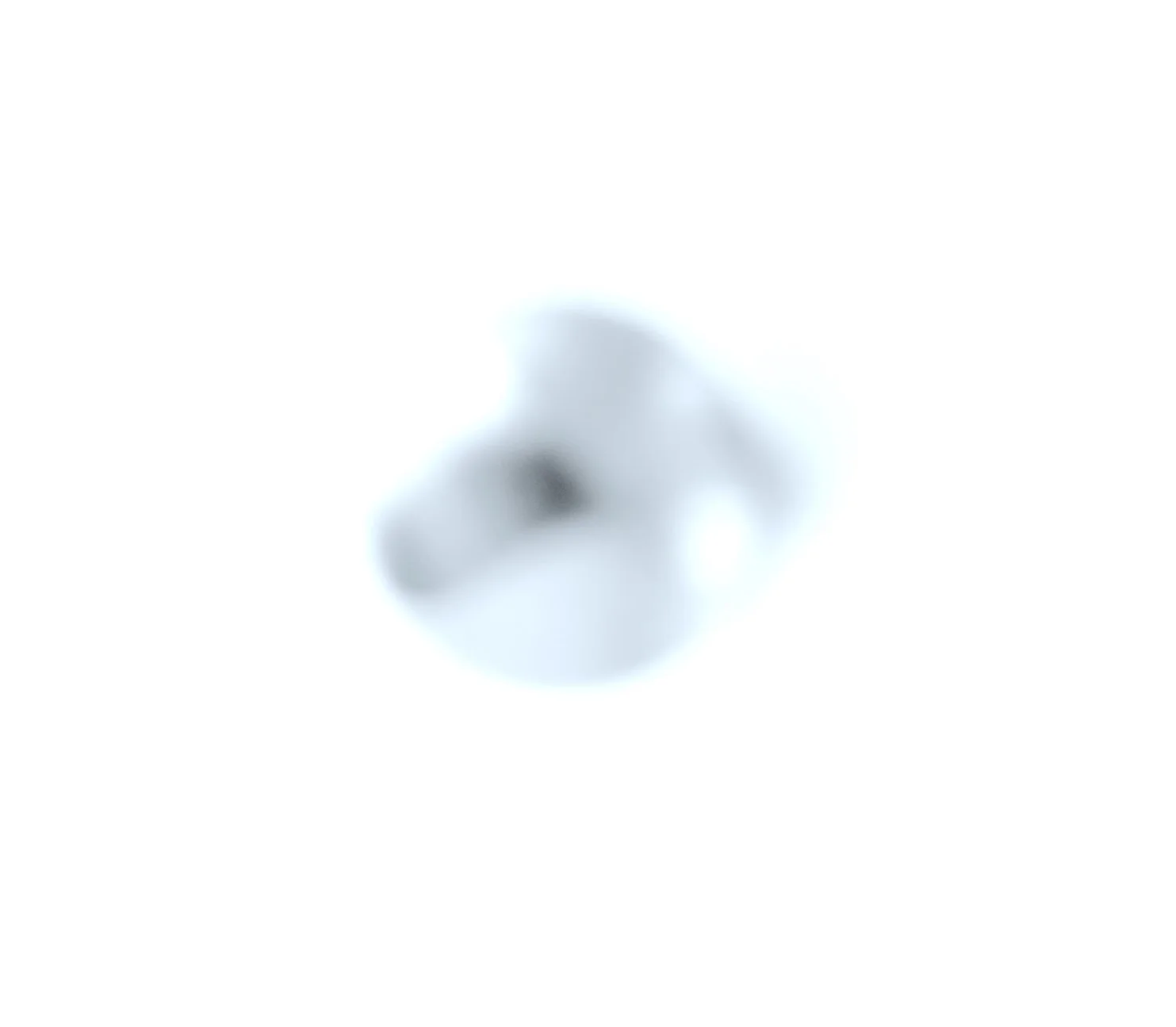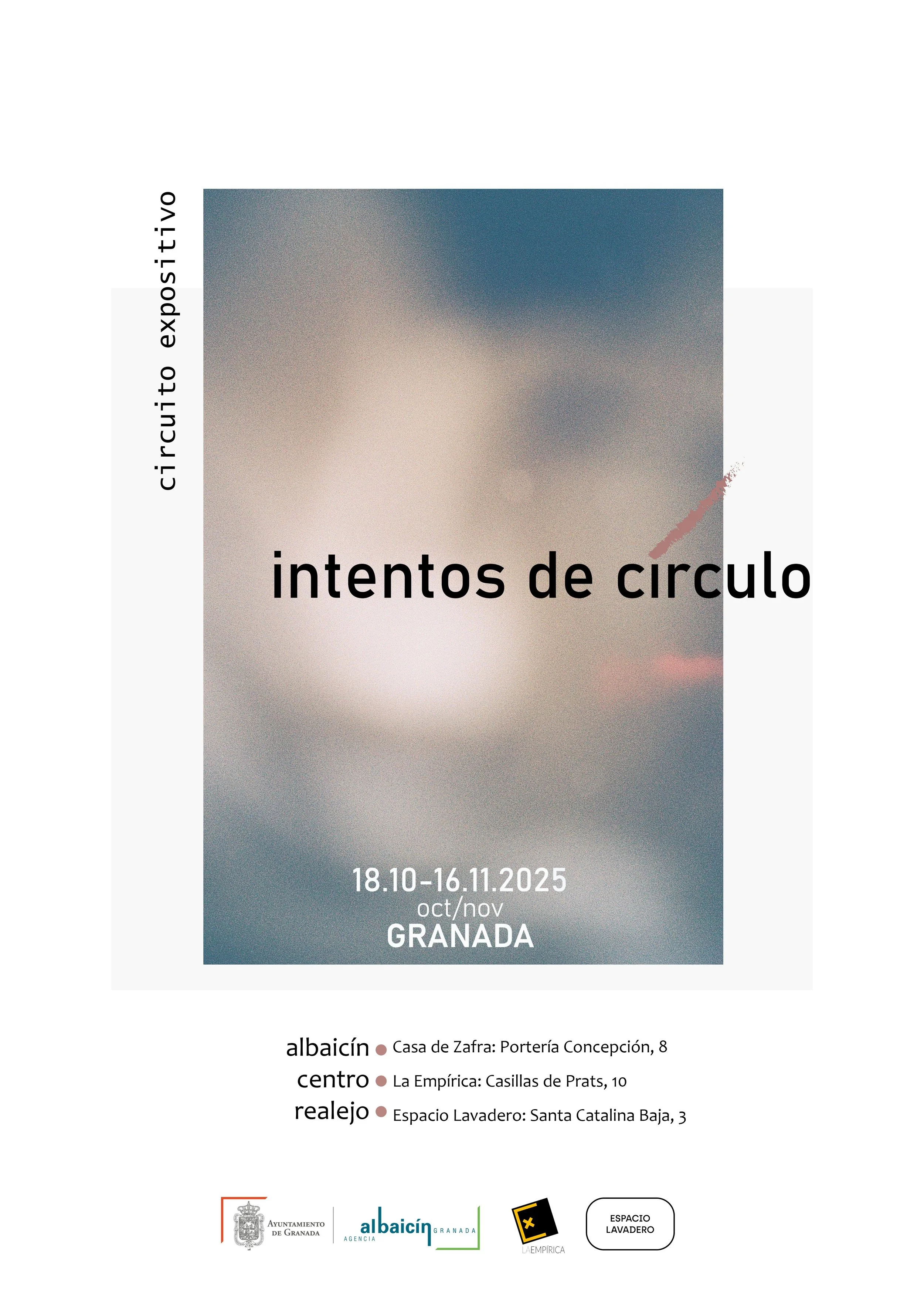Waste driven arts, design, research and development.
ReSources studies waste under its material, inmaterial, conceptual and symbolic realms, from the evident to the subtle, since 2015.
Always working through a different artistic medium and format, given usually by the nature of the project, ReSources so far has been shaped as installation, digital and analog photography, objet trouvé, poster, intervention, site-specific, performance, assemblage, acrylic painting, sculpture, object, audiovisual essay and typography, taking place as exhibition, workshop and even academic thesis.
Expanding on the definitions of waste and its never-ending world of intersections, this project is currently [08.2025] working on several lines of research.
_ Selection and discard, human-animals and inclusivity.
_ Affections of the soul, waste as an internal pollutant.
_ The binomial built from what’s essential and what’s accessory.
_ Speculative futures, designing for the invisible.
_ Transitions to sustainability.
Waste as in trash and waste as in something else. Formally, ReSources has gone through a vast definition that is ever-expanding, today including the ordinary, everyday aesthetics, hidden, danger, taboo, dirt, discard, excess, litter, garbage, forgotten, imperfect, invisible, ugly, pain, undesired and useless.
Over a decade later, ReSources came to realize it was also delving into the world of value, of the things that we have and the things that we don´t.
Currently in Spain
_
Currently in Spain _
Next in Granada, Spain
_
Next in Granada, Spain _
Next.
Granada, Spain.
Objet trouvé, acrylic, assemblage, installation.
intentos de círculo [circle attempts], collective exhibition, where ReSources will exhibit Serie N 01 at La Empírica.
Archive.
Santiago, Chile.
Photography, poster, assemblage, installation, audiovisual essay.
Who are you? What is waste?
The first is the question that gives life to Quiénes Somos, continually opening traces of the collective based on individual identities. The second is the seed that gives rise to ReSources as it is an idea that pursues new limits on the value of things, of what we have and what we don´t. Both projects start a collaboration that is born in 2021 and will end up as An Exhibition by Quiénes Somos and ReSources, taking place at the Palacio Cousiño Museum at the Cava Gallery in Santiago, Chile.
This exhibition is granted and funded as a FONDART 2025 [National Fund for Cultural Development and the Arts].
Santiago, Chile.
Installation.
Transitioning from a plastic-made mattress cover in a remote house to an installation at a museum aims to put value into the perspective of context, its weight and effects.
This artwork is simple, so simple, that is only a reminiscence of one of the founding seeds of ReSources. Anyone can do this.
Santiago, Chile.
Objet trouvé, acrylic, assemblage, installation.
Serie N was born from El alma y sus afecciones: la salud mental desde el legado médico y filosófico andalusí, a doctoral study by Jimena German [Mexico] from the University of Granada, who asked a few Latin American artists to do an artistic transference.
Here, ReSources delves directly into an immaterial dimension of waste, that of an internal pollutant and generator of interference as well as an obstruction, presenting the idea that waste exists on an internal level, also, and that it must also be addressed, managed and purified so as not to cloud the environment.
The piece Serie N 01 will be exhibited from October 17th to November 16th at La Empírica [Granada, Spain], as part of the collective exhibition intentos de círculo.
Las Ventanas, Chile.
Audiovisual essay.
As the first collaboration between Quiénes Somos and ReSources, this audiovisual essay, filmed in Las Ventanas, a well-known sacrifice zone in Puchuncaví, chooses to engage in a dialogue between the familiar artistic medium of Quiénes Somos, video, and one of ReSources’ theoretical foundations, defamiliarization.
The guiding theme of Selección Descarte is intersected by two questions that recur throughout the work of the two projects: “Who are you?”, from Quiénes Somos, and “What is waste?”, from ReSources.
Würzburg, Germany.
Photography, typography, poster.
With its research in Würzburg, Germany, ReSources opens up the possibility of shifting the focus of the study of waste and expanding the role of the garbage dump in relation to waste.
This, a firewall and container, isolates, renders invisible, and protects not only waste but also its meanings, distancing us from its state of impurity and keeping us away from the conflict generated by waste in contact with humans. By designing a fully functional typeface of this nature, it allows everyone to control and create by using what a garbage bin is to what it contains: ideas.
Zanzibar, Tanzania.
Performance, analog photography, website.
In Zanzibar, Tanzania, waste was understood in its polluting dimension, through its interaction with water and the flooding that parts of the island face year after year, and how this played a preponderant role in the normal development of its inhabitants. This brought the concept of delay, or delay accumulator, from systems thinking, an exercise presented as performance, research, analog photography, and exhibition on its own website, permanently online.
Unmanaged waste clogs drainage systems, and these clog [delays] people’s lives, which is what the online exhibition seeks to offer visitors an optional, yet deliberate, experience.
Helsinki, Finland.
Thesis at Aalto University.
Over material waste, defamiliarization and creativity this thesis underlies an investigation that merges around and converges into the concept of creative accessibility. Permanently layering around alienation, value and the idea of forcing, this thesis intends to dissect How does material waste defamiliarization through artistic means catalyze creativity?
Waste, in this thesis understood as trash and as everyday aesthetics, is utterly recognized as a problem thus this investigation unfolds fundamental cracks in this problematic perspective. Instead, it proposes an argumentative line that offers new lights in harmony with waste, through artistic defamiliarization as a bridge and ultimately a creative catalyst. Furthermore a departure position to delve inside the creative body through two dimensions that are permanently identified, separated and put together back and forth. One, creativity as problem solving and two, creativity as something else.
Helsinki, Finland.
Sculpture, object, objet trouvé, installation.
Three projects create ReSources’ journey through Finland. During this period, each project developed a unique narrative, as well as an artistic medium and source of waste, as usual.
Tomato 6 describes the visible and invisible nature of production processes, in this case, of greenhouse tomatoes. Plastic Ball focuses on the possibility of play as an alternative route toward new sustainable futures, as a valid way to achieve environmental regeneration and the harmony of postmodern humans. And on [off] wisdom, for its part, encompasses the validity of accepted sources of knowledge, one of which is research and traditionally accepted sources of information, and nature itself, as a school of another code, but a school nonetheless.
Santiago, Chile.
Objet trouvé, workshop, installation.
Now in Chile, ReSources takes the participatory methodology practiced in the previous project in Nepal as a foundation and formalizes it as a remote and in-person workshop, both theoretical and experiential, developed with the special collaboration of Gustavo Zamorano. With workshop participants ranging in age from 20 to 70, and from diverse professions such as students, entrepreneurs, artists, architects, and psychologists, both Chilean and international, we tried to achieve the necessary versatility to bring diverse points of view.
We worked on the ideas of sustainability and creativity, again, as well as the problem of commercial waste such as the wooden fruit and vegetable crates typical in markets. The sculptural installation was presented as a way to address the limits of the useful and the useless, and what is the role that artistic reuse should play.
Kathmandu, Nepal.
Objet trouvé, workshop, sculpture.
In its second intervention, ReSources, along with a group of students, tried a format based on project-based learning and artistic environmental education, alongside students from Olympia World School and Tribhuvan University.
Using a chronology that sought to contextualize what we think about creativity and what we think about sustainability, respectively, we as a group aimed to build an hourglass. This would allow us to create a connection between the idea of resources and its relationship with time, which is finite and constantly evolving. For this sculpture, we used waste collected from public streets, from the Nepal Art Council, and from a groupal waste collection.
Milan, Italy.
Objet trouvé, installation.
This first project was based on the collection [accumulation] of recyclable and non-recyclable household waste, with the idea building something, actually useless, free from any commitment. As the volume of waste increased, the conclusion was drawn that each waste item would be better served as a larger whole, and that, ignoring the parts of the sum, it would only see the sum.
In 2017, seeking to open a dialogue about the relationship between human animals and nature, and with the cooperation of the Municipality of Milan, ReSources was born, taking shape as an installation at Spazio Ex Fornace, a local gallery, using as a device the idea of making the ordinary extraordinary, an ethos that would be there for some time, but not forever.



